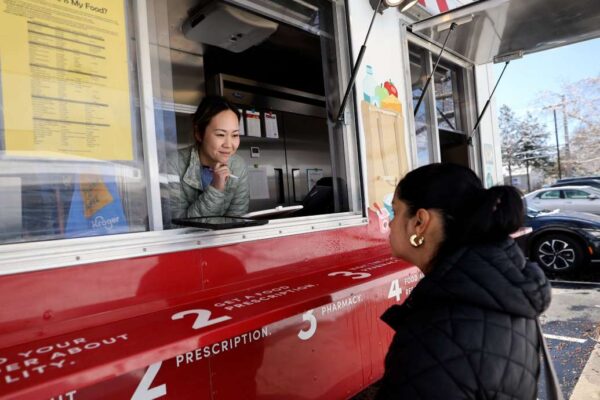10/02/2024 –
Lessons from Massachusetts and Minnesota
Many early discoveries of how poverty and other social risk factors shape the trajectory of disease are the result of researchers leveraging large datasets to study rare events. One was the Dutch Hunger Winter, a World War II–era famine affecting millions of people in the Netherlands’ western provinces. Analyzing medical and military records, researchers discovered children born to mothers who experienced food insecurity in the first trimester were much more likely to be diagnosed with schizophrenia 30 to 40 years later.
A reverse experiment is now underway in several U.S. states. Like earlier epidemiological studies, it’s built on a once-in-a generation event: the Affordable Care Act’s expansion of Medicaid, which enabled states to begin tying information about social risks like food and housing insecurity to the medical records of roughly 18 million newly insured Americans. The historical expansion in insurance coverage created the means to evaluate, at a potentially large scale, the merits of a modern idea: paying health plans and providers to intervene when patients’ health is compromised by their living conditions…
Read the full article at Commonwealth Fund








